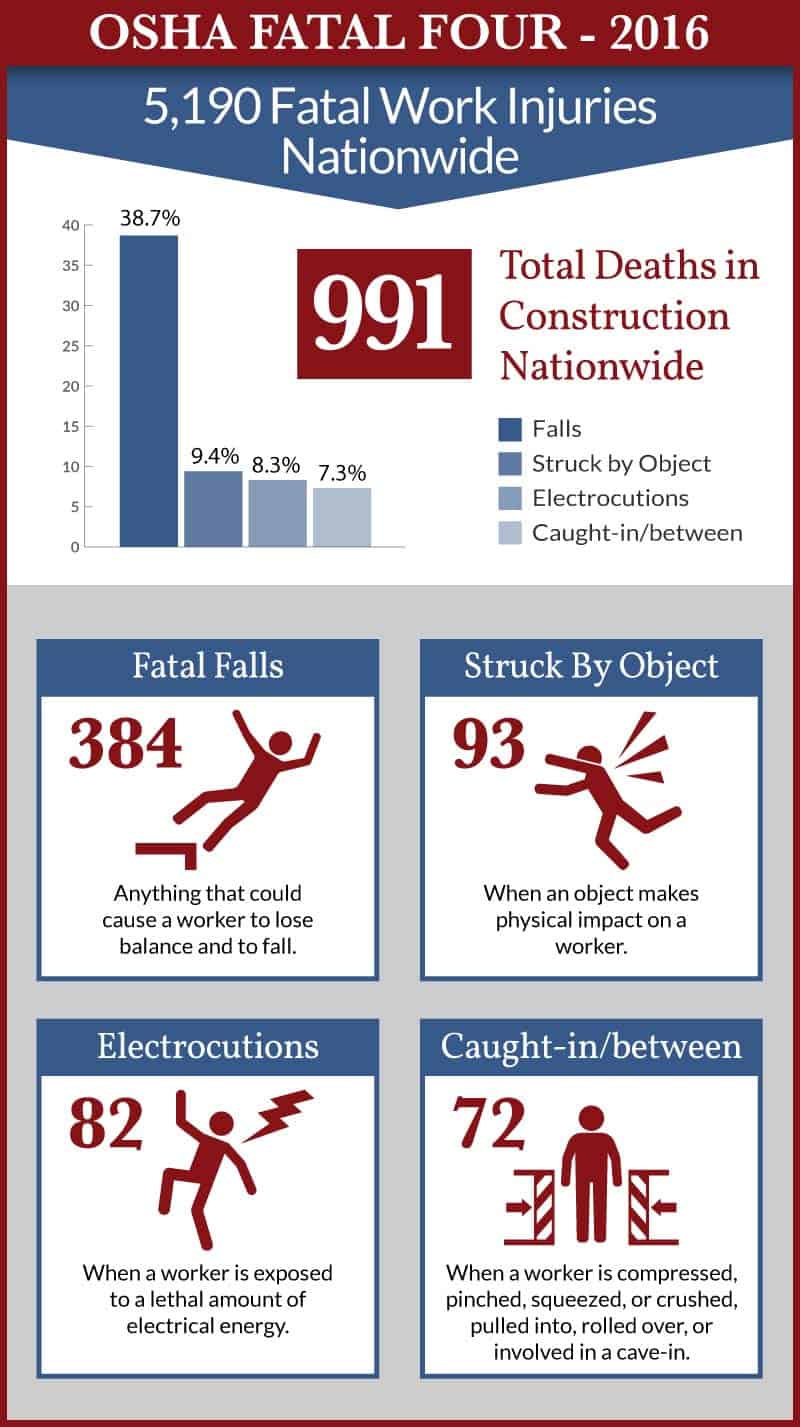Conveyor Belt Accidents
 Conveyor belts are essential tools in many jobs, including manufacturing, dock work, factory assembly lines, mining, airlines, and distribution. However, serious accidents are not uncommon for those who work around them. Conveyor belts have many moving parts, and it is not uncommon for employers to cut corners when it comes to safety and maintenance. Employers may fail to provide their workers with appropriate safety gear or may fail to comply with other Occupational Safety and Health Administration (OSHA) guidelines. If you or someone you love has been injured in a conveyer belt accident, you may be eligible for immediate Workers’ Compensation benefits to cover the cost of all your medical expenses, lost wages, and more.
Conveyor belts are essential tools in many jobs, including manufacturing, dock work, factory assembly lines, mining, airlines, and distribution. However, serious accidents are not uncommon for those who work around them. Conveyor belts have many moving parts, and it is not uncommon for employers to cut corners when it comes to safety and maintenance. Employers may fail to provide their workers with appropriate safety gear or may fail to comply with other Occupational Safety and Health Administration (OSHA) guidelines. If you or someone you love has been injured in a conveyer belt accident, you may be eligible for immediate Workers’ Compensation benefits to cover the cost of all your medical expenses, lost wages, and more.
Common Conveyor Belt Injuries
Some of the common types of injuries workers sustain in conveyor belt accidents include:
- Bruising
- Cuts/lacerations
- Scrapes
- Amputation of limbs
- Electrical burns
- Crush injuries (often to the feet or toes from falling objects, but also from getting caught in moving machine parts)
- Traumatic brain injuries (TBI)
- Spinal cord injuries
- Degloving injuries (where hands are caught in moving components resulting in a separation of one’s skin)
- Fatalities due to bleed outs, head trauma, crush injuries, or electrocution
Common Causes of Conveyor Belt Injuries
Conveyor belt injuries can occur for a number of reasons. It is not uncommon for those who work around belts to be fatigued from working long shifts or overtime. Even if a worker is fatigued, and that contributed to their injury, the Workers’ Compensation system is a no-fault insurance system—meaning that they are likely still eligible to benefits. The Workers’ Compensation system is a trade off—an employee waives their right to sue their employer for damages in exchange for an immediate right to benefits without the need to prove fault in court. In addition to worker fatigue, some common causes of conveyor belt accidents include:
- Inadequate worker training
- Failure to provide safety gear (such as guard components)
- Poor workplace design
- Improper belt maintenance or assembly
- Defective conveyor belts or equipment
- Excessive speed of conveyor belts to increase productivity and profit
- Overloaded conveyor belts
Preventing Accidents
Employees should pay close attention to any safety education and training programs provided by their employer and adhere to all safety rules. Utilize proper lockout/tagout procedures when performing maintenance (conveyor belts should always be shut down during maintenance). Work areas should be designed in such a way to minimize accidents. Those who do not work directly with the conveyor belt should be separated from the area by some type of barrier.
Philadelphia Workers’ Compensation Lawyers at Freedman & Lorry, P.C. Represent Workers Injured in Conveyor Belt Accidents
To speak to an experienced Philadelphia Workers’ Compensation lawyer at Freedman & Lorry, P.C., call us today at 888-999-1962 or contact us online. We provide aggressive representation to help our clients obtain maximum compensation for their injuries. We offer free consultations for a broad range of legal matters at our offices in Philadelphia, Cherry Hill, New Jersey, and Pinehurst, North Carolina.
